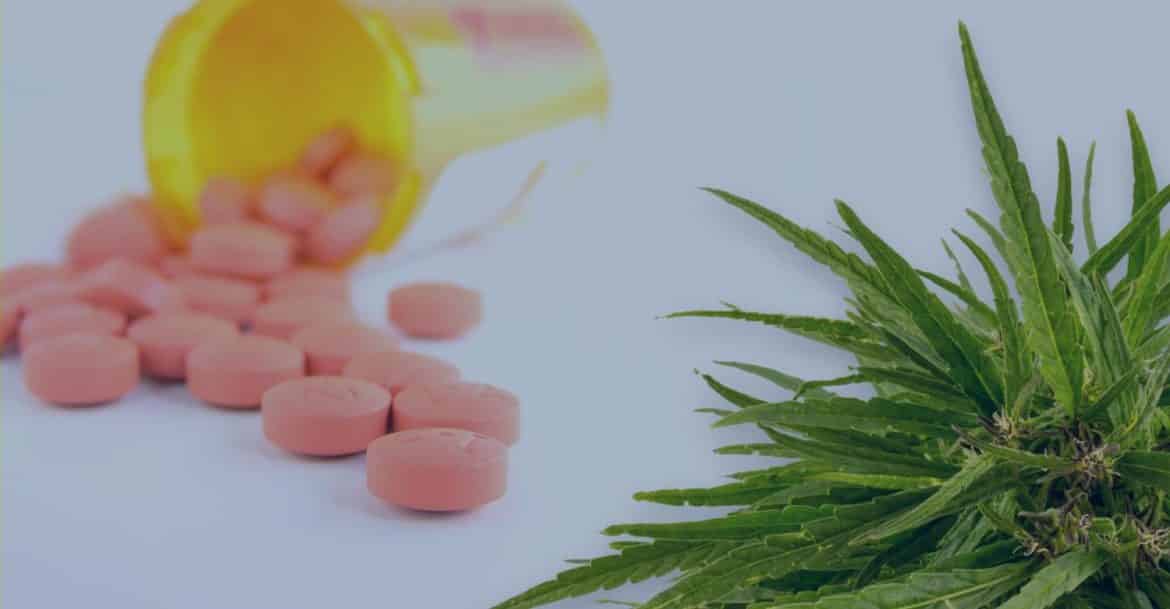With the rise in popularity of the CBD products, the biggest concern that we have right now is the interactions of CBD with other drugs. As CBD is a chemical compound, it can interact with other substances. Depending on the type and quality of CBD, it can have adverse interactions with the drug administered.
Cytochrome P450 is a liver enzyme which breaks down the drugs and toxins of the body. CBD inhibits the activity of this enzyme, thus affecting how other compounds are metabolized. Evidence shows that CBD increases the effects of the drugs which are used for thinning the blood. Therefore, CBD increases the risk of bleeding. CBD also interacts with neurotransmitter receptors in the Nervous system, thus inducing sedative effects on the user.
CBD is widely used as a treatment of epilepsy. A study in 1992 by Lester Bornheim found that small dosage of CBD does not offer the anti-epileptic benefits, but it can inhibit the enzyme cytochrome p450 resulting in a prolonged concentration of norclobazam and clobazam leading to more aggressive seizures.
Grapefruit juice and CBD interacts with the drugs in the same manner. So logically, the medications which are advised not to be consumed with grapefruit should not be consumed with CBD as well.
